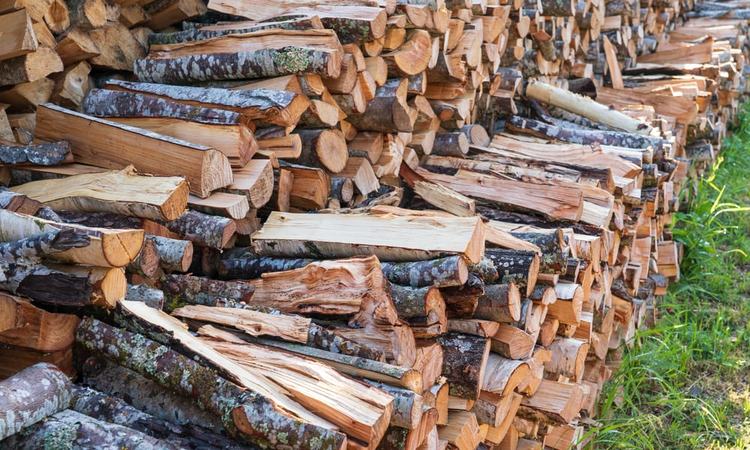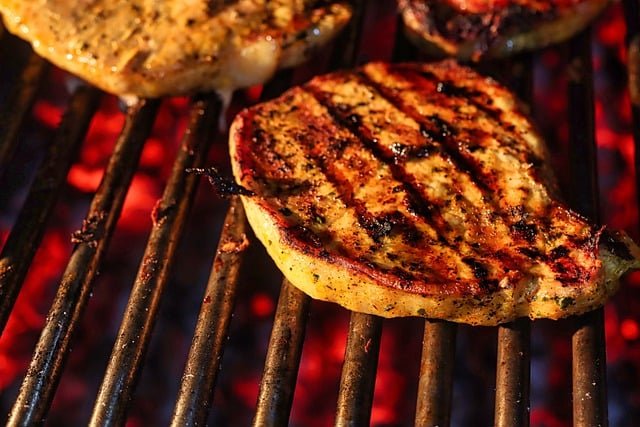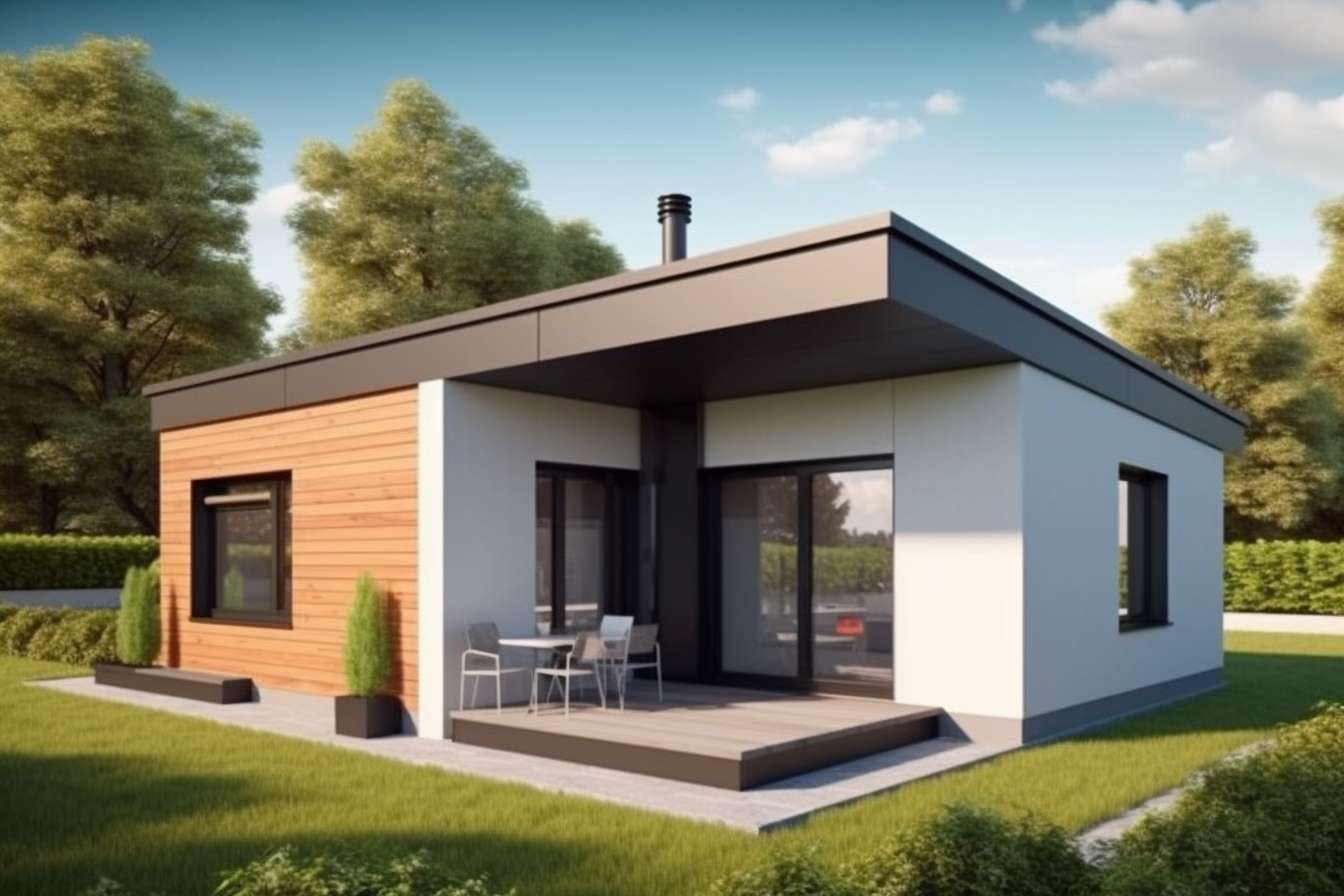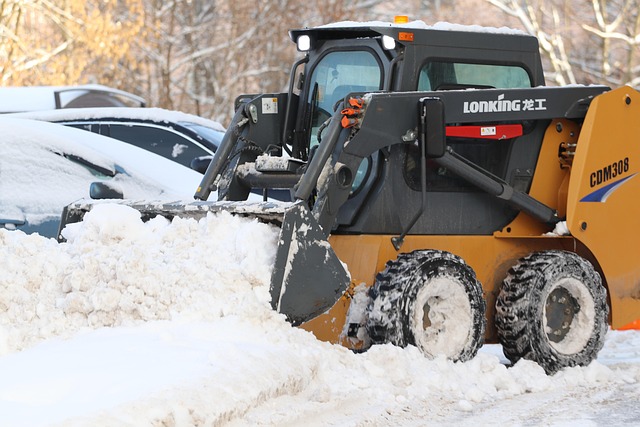Discover the best garage floor coating options for durability and style in 2025
Garage floors endure heavy traffic, chemical spills, oil stains, and temperature fluctuations, making proper protection essential for maintaining both function and appearance. Modern garage floor coatings offer homeowners numerous options to transform concrete surfaces into durable, attractive spaces that resist damage while enhancing the overall aesthetic of their garage environment.
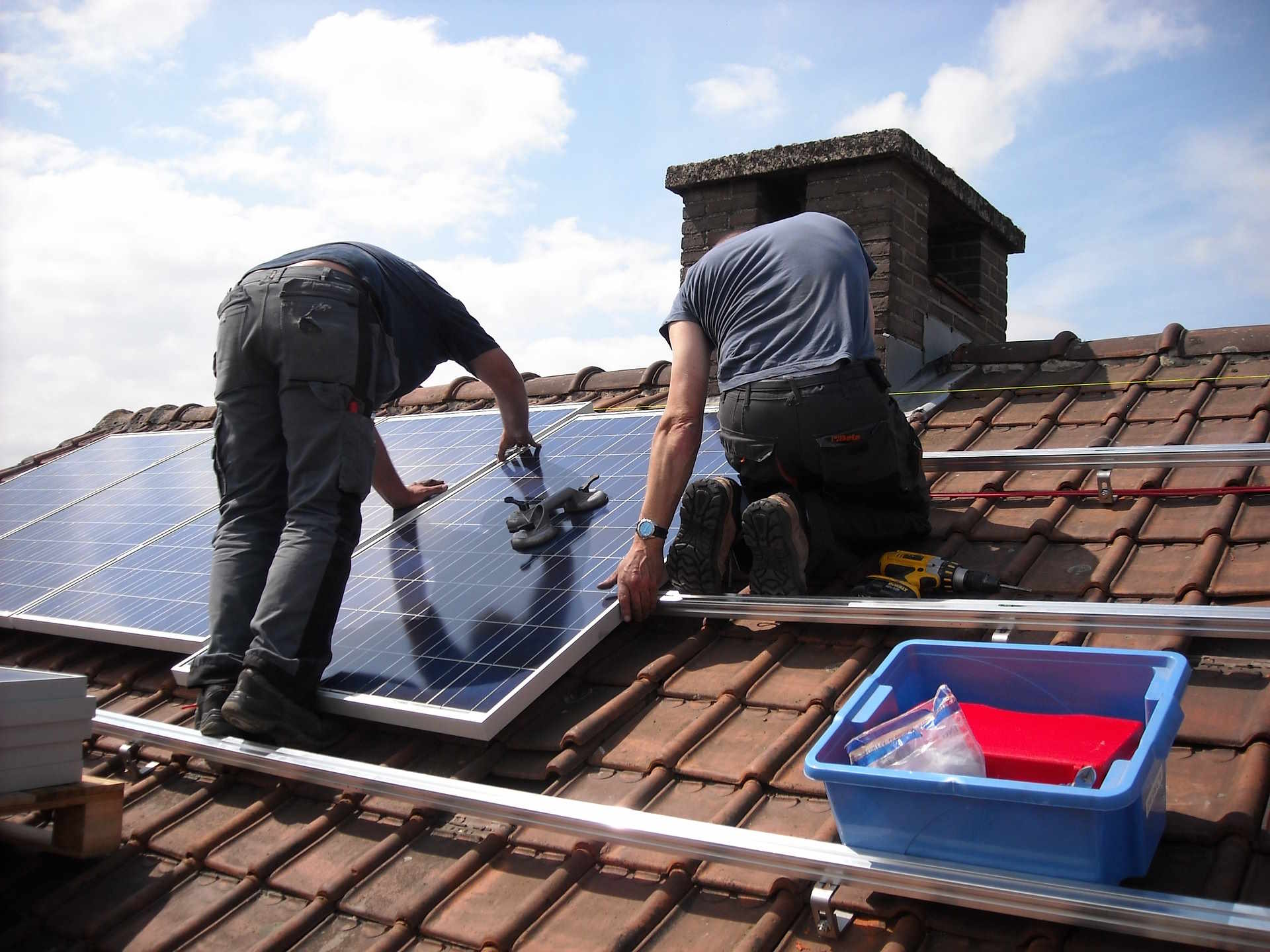
How Does Garage Floor Epoxy Provide Long-Term Protection?
Garage floor epoxy represents one of the most popular coating solutions due to its exceptional durability and chemical resistance. This two-part system consists of resin and hardener that chemically bond to create a rock-hard surface capable of withstanding heavy vehicle traffic, dropped tools, and automotive fluids.
Professional-grade epoxy coatings typically last 10-20 years when properly applied, offering superior adhesion to concrete substrates. The coating creates a seamless, non-porous surface that prevents oil and other substances from penetrating the concrete, making cleanup considerably easier than untreated floors.
Installation requires thorough surface preparation, including concrete grinding or acid etching to ensure proper adhesion. Multiple coats are often necessary, with decorative flakes or aggregates added between layers to enhance slip resistance and visual appeal.
What Makes Garage Floor Paint a Budget-Friendly Choice?
Garage floor paint offers an accessible entry point for homeowners seeking basic protection without significant investment. Modern latex and acrylic formulations provide adequate protection for light to moderate use garages, though durability remains limited compared to epoxy systems.
Quality garage floor paint typically withstands normal foot traffic and light vehicle use for 2-5 years, depending on application conditions and maintenance practices. These coatings dry relatively quickly, allowing for faster project completion, though proper surface preparation remains crucial for optimal results.
Paint applications work best in climate-controlled environments where temperature and humidity fluctuations are minimal. While less durable than epoxy alternatives, garage floor paint can be easily reapplied when wear becomes noticeable.
How Do Garage Floor Sealants Enhance Concrete Protection?
Garage floor sealants penetrate concrete pores to provide protection from within the substrate, rather than forming a surface film like paints and epoxies. These products excel at preventing moisture intrusion, freeze-thaw damage, and chemical staining while maintaining the concrete’s natural appearance.
Penetrating sealants typically last 5-10 years and can be reapplied without removing previous applications. They work particularly well in regions with harsh winter conditions where road salt and de-icing chemicals pose significant threats to concrete integrity.
Topical sealants create a protective barrier on the surface while enhancing the concrete’s appearance with options ranging from natural finishes to high-gloss sheens. These products offer moderate protection against stains and wear while remaining more affordable than comprehensive coating systems.
Why Consider Concrete Floor Coatings Beyond Basic Options?
Advanced concrete floor coatings encompass polyurethane, polyaspartic, and hybrid systems that offer enhanced performance characteristics for demanding applications. Polyurethane coatings provide excellent UV stability and chemical resistance, making them ideal for garages with large windows or frequent chemical exposure.
Polyaspartic coatings cure rapidly, often allowing same-day installation and return to service, while offering superior flexibility and impact resistance. These systems perform exceptionally well in temperature extremes and maintain their properties across wide temperature ranges.
Hybrid systems combine multiple technologies to optimize specific performance characteristics, such as enhanced adhesion, improved chemical resistance, or extended service life. Professional installation is typically recommended for these advanced systems to ensure proper application and performance.
How Do Garage Floor Tiles Compare to Coating Systems?
Garage floor tiles present a unique alternative to traditional coating systems, offering modular installation flexibility and immediate usability without curing requirements. Interlocking tiles made from PVC, polypropylene, or composite materials provide excellent durability and can be easily replaced if damaged.
Tile systems accommodate various design preferences with options including solid colors, patterns, and textures that mimic other materials. The raised design of many tile products promotes air circulation beneath vehicles and provides excellent traction in wet conditions.
Installation requires minimal surface preparation compared to coating systems, though a clean, level substrate ensures optimal performance. Individual tiles can be removed for cleaning or replacement without affecting surrounding areas, providing long-term maintenance advantages.
| Coating Type | Average Cost Range | Durability (Years) | Installation Time |
|---|---|---|---|
| Epoxy Systems | $3-8 per sq ft | 10-20 | 2-3 days |
| Floor Paint | $1-3 per sq ft | 2-5 | 1-2 days |
| Penetrating Sealant | $2-4 per sq ft | 5-10 | 4-8 hours |
| Polyurethane Coating | $4-10 per sq ft | 8-15 | 2-4 days |
| Interlocking Tiles | $2-6 per sq ft | 10-25 | 4-12 hours |
Prices, rates, or cost estimates mentioned in this article are based on the latest available information but may change over time. Independent research is advised before making financial decisions.
Selecting the appropriate garage floor coating depends on budget constraints, expected usage patterns, aesthetic preferences, and local climate conditions. While epoxy systems offer superior long-term value for high-traffic applications, paint and sealant options provide adequate protection for lighter use scenarios. Tile systems present unique advantages for those requiring immediate installation or modular flexibility. Proper surface preparation and professional installation significantly impact the performance and longevity of any coating system, making careful planning essential for achieving optimal results.

